Joint effort to produce more doctoral graduates in South Africa
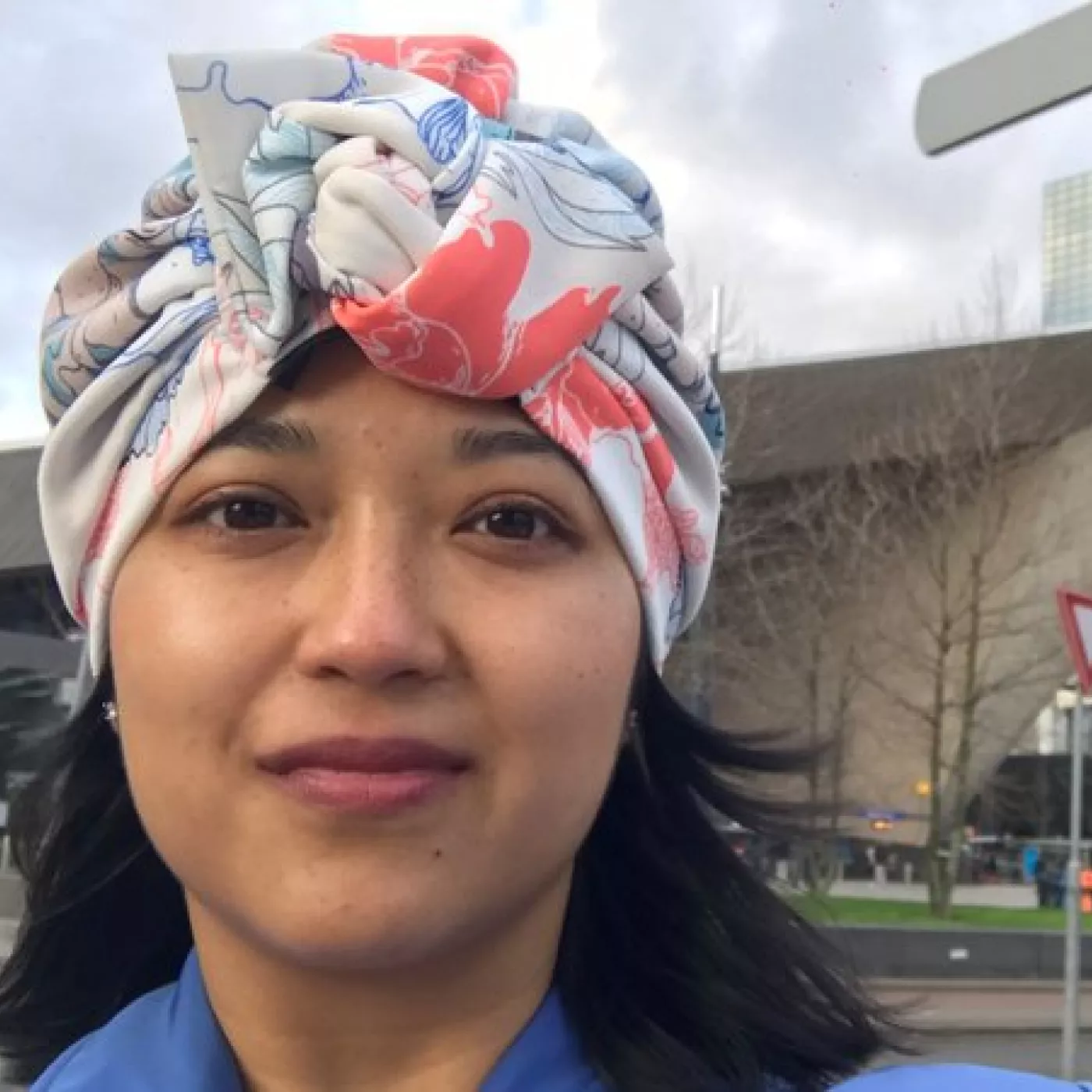
The NRF-Nuffic Doctoral Training Programme is a programme that recognises the long-standing collaboration between South Africa and the Netherlands in education and research and aims to strengthen postgraduate training, while enhancing sustainable partnerships between South African and Dutch higher education institutions (HEIs) through mutually beneficial collaboration.
“International partnerships and networks between scientists and research institutions are key to increasing global competitiveness, high-level research skills and knowledge production”, says Huba Boshoff, Chief Representative Officer, Neso South Africa/Southern Africa.
“We are proud of the strong partnership between Nuffic South Africa and the National Research Foundation (NRF). Built on a joint agenda of promoting and advancing science, research and innovation, the doctoral programme makes a significant contribution to sustaining and expanding institutional collaboration between South African and Dutch HEIs, and increasing the number of postgraduate students in South Africa.”
‘At Erasmus MC we are very happy with Nuffic-NRF scholarships’
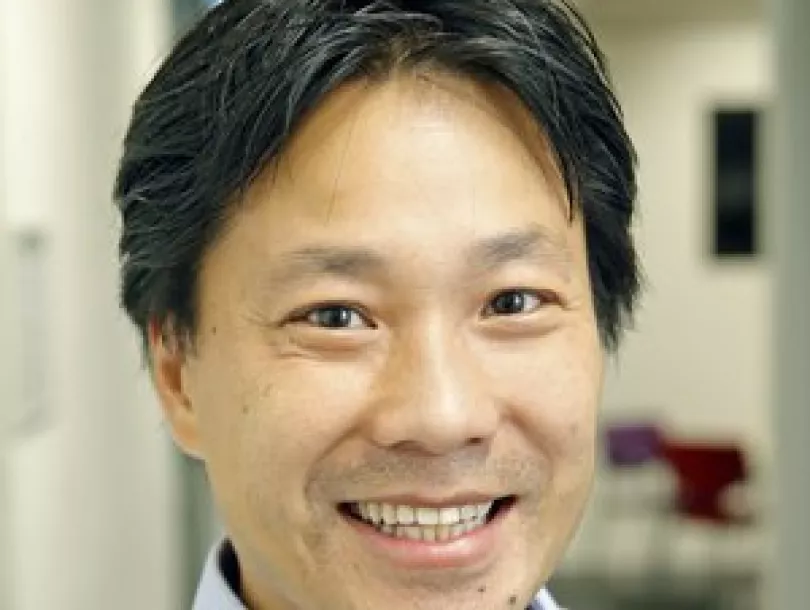
Mr. Dr. Raoul Tan, Senior Advisor International Affairs, Erasmus Medical Center
“We have been working with different universities in South Africa for over two decades, although the direction was mainly from the Netherlands to South Africa. We seldomly saw people from South Africa coming to Dutch universities.”
“With the NRF-Nuffic Doctoral Training Programme we can finally use scholarships as a tool to create more depth and impact in our academic collaborations, as well as create future collaborators. More importantly, it allows us to create more balance in what previously have been more one-sided collaborations. Professors picked up the possibility to use these scholarships within their South African collaborations quite fast, enabling them to create more scientific impact in a remarkable short period.”
‘Applying for this scholarship was the best decision I ever made’
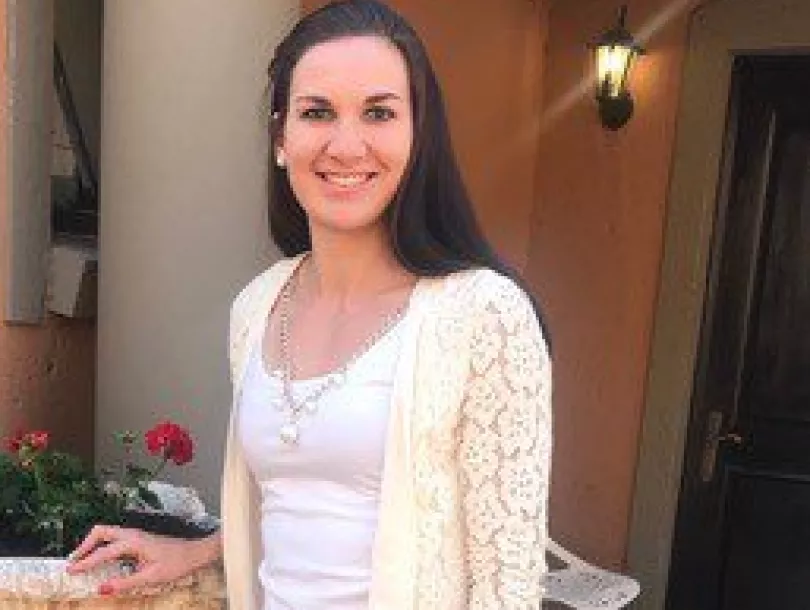
“I was intrigued by NRF-Nuffic Doctoral Training Programme, because I felt it would mean a lot for my future career as an academic. I also love travelling and I always wanted to visit the Netherlands. Since I am doing the split site mode, I am required to spend three months a year at the Vrije Universiteit Amsterdam, with the reminding time spent at the University of Johannesburg. This means I will be traveling back and forth for four years.”
“I was excited when I was awarded the scholarship. Then, reality struck and the nerves kicked in. After all, I had never spent such a long period away from family. The first month was difficult, but my supervisor was amazing. He supported me not only with my studies, but with my emotional well-being as well. The PhD community at the Vrije Universiteit was also helpful, as it organises events for PhD candidates to share their experiences.”
‘I will carry this experience with me for the rest of my life’
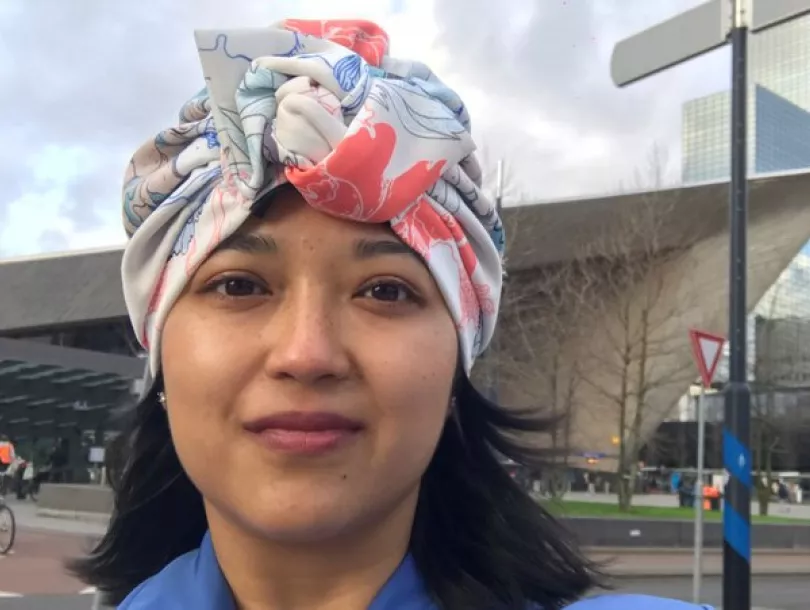
Heiling Lu, Erasmus Medical Center (single site)
“I always knew that I would like to take my academic career to completion since I enjoy studying and am passionate about scientific research. The NRF-Nuffic Doctoral Training Programme offered an opportunity to study towards a PhD at world-class institutions. I applied for this programme because I saw it as an opportunity of a lifetime to learn and grow as both a scientist and a person.”
“I have only been here for five months but I feel like I have already gained so much. I have done things that I never thought I was capable of. I have gained confidence in myself, independence and a sense of surety for my future in science. My experiences here I will carry with me for the rest of my life.”
‘Welcoming people from different countries benefits our research, work atmosphere and network’
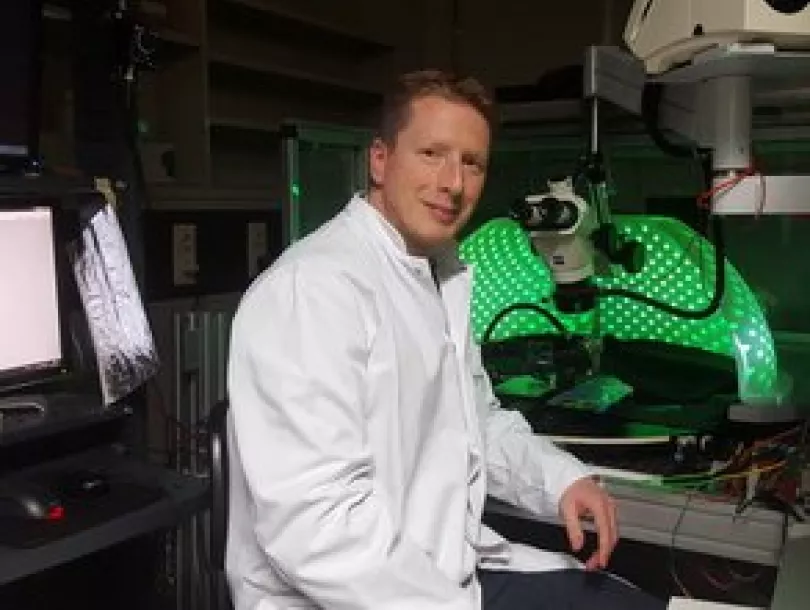
Martijn Schonewille, PhD, Associate Professor, Dept. of Neuroscience, Erasmus Medical Centre
“In practice, most international students and researchers come from European countries and the U.S. You find students primarily within your own network, through a referral from a colleague, or during congresses you visit. This makes it more of a challenge to recruit people from other parts of the world. In this case, the NRF-Nuffic Doctoral Training Programme brings us in touch with talent from South Africa. Heiling Lu is the first South African student we have had, and we are extremely excited about having her join our lab.”
“Working with students from other parts of the world helps expanding your own network as well. We have had students return to their home countries who went on to establish their own lab. I believe the experience in the Netherlands enriched their careers and contributed to their success, in addition of course to their own hard work. With some we have started collaborations once they got back home. So yes, I am definitely open to welcoming more South African students.”
Open call NRF-Nuffic Doctoral Training Programme
Applications for funding for doctoral studies in the 2021 academic year must be submitted through the NRF Online Submission System. Students must first identify the university where they will be registered for their postgraduate degree before submitting an application to the NRF. The cut-off date for split site applications is 14 August 2020.